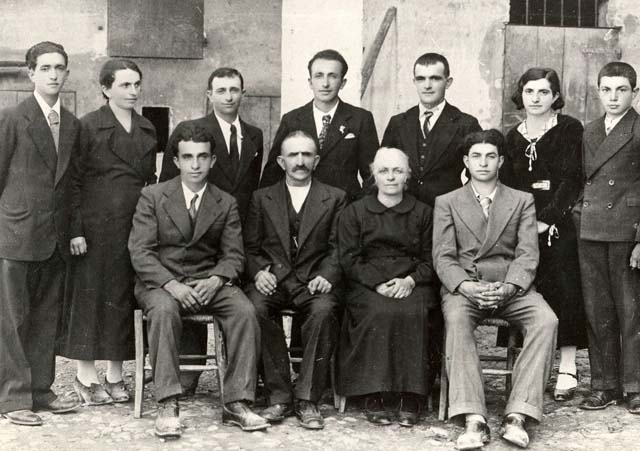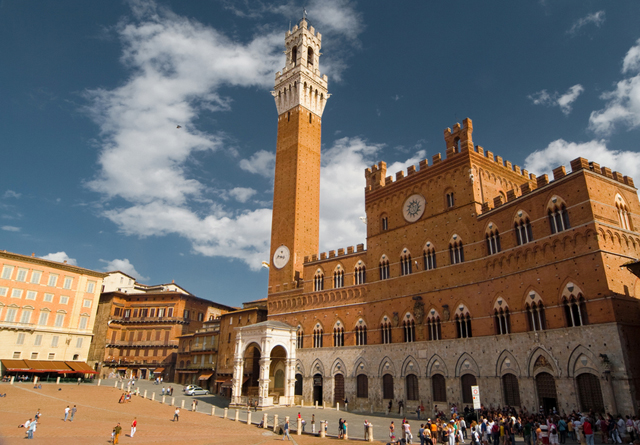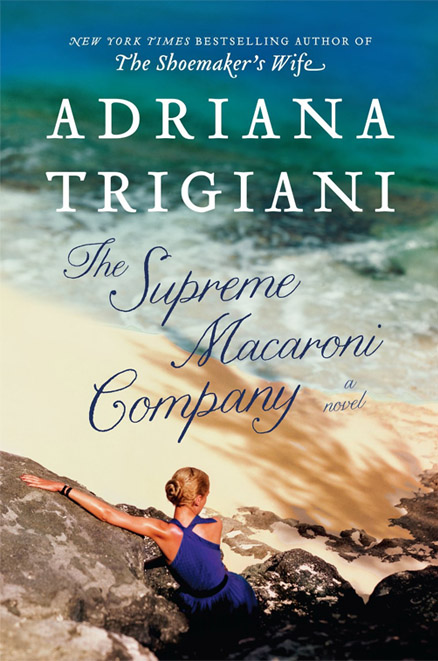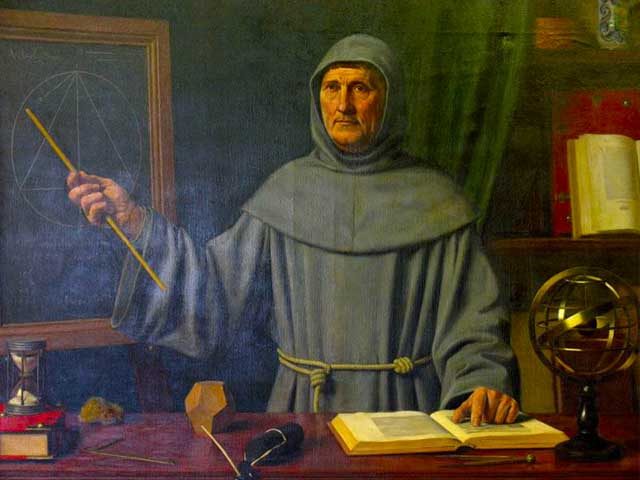
Le Proporzioni Divine di Luca Pacioli: Un Romanzo Rinascimentale
The Divine Proportions of Luca Pacioli: A Renaissance Novel by W.A.W. Parker
Chi era Luca Pacioli? Il matematico che ha plasmato il Rinascimento
Who was Luca Pacioli? The Mathematician Who Shaped the Renaissance
L’altro giorno mi sono imbattuta in un romanzo di W.A.W. Parker intitolato “The Divine Proportions of Luca Pacioli.”
The other day, I came across a novel by W.A.W. Parker titled “The Divine Proportions of Luca Pacioli.”
Si scopre che Luca era un matematico vissuto nel primo Rinascimento in Italia. Pensai: “Perfetto! Questo libro tratta argomenti e personaggi storici che adoro.” Come autrice di romanzi ambientati nello stesso periodo, ero impaziente di leggere questa storia. Nonostante la mia passione per l’arte e la storia, devo ammettere che la matematica non è mai stata il mio punto forte… ma ho trovato il romanzo affascinante!
It turns out Luca was a mathematician who lived during the early Italian Renaissance. I thought: “Perfect! This book features topics and historical figures I love.” As an author of novels set in the same period, I was eager to read this story. Despite my passion for art and history, I must admit math has never been my strong suit… but I found the novel captivating!
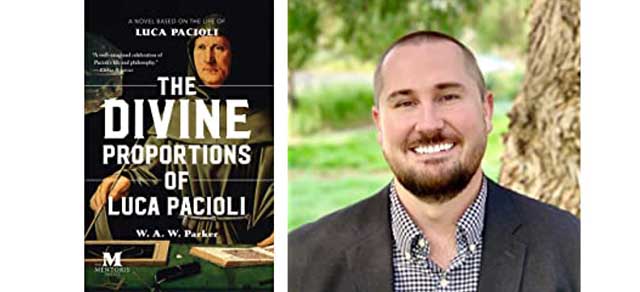
Riflessi di Luca: Una narrazione avvincente
Luca’s Reflections: A Compelling Narrative
La storia è raccontata con chiarezza e fascino, trasportandoti nelle riflessioni del protagonista dal suo letto di morte. Con una scrittura fluida e accattivante, l’autore dà vita a Luca e ai suoi incontri straordinari, tenendomi incollata persino durante le sue dissertazioni matematiche!
The story is told with clarity and charm, transporting you into the protagonist’s reflections from his deathbed. With seamless and engaging prose, the author brings Luca and his extraordinary encounters to life, keeping me hooked even during the mathematical discussions!
Un’autorevole ospite nel blog: W.A.W. Parker
A Distinguished Guest on the Blog: W.A.W. Parker
Mi è piaciuto così tanto il libro che ho contattato Parker e gli ho chiesto di scrivere un post sul suo nuovo romanzo. Sono entusiasta che abbia accettato!
I enjoyed the book so much that I reached out to Parker and asked him to write a post about his new novel. I’m thrilled he agreed!
Ecco il signor Parker per raccontarci un po’ di più su Luca Pacioli.
Now here is Mr. Parker to tell us a little more about Luca Pacioli.
Born into meager circumstances, Luca Pacioli pretty much encapsulates the possibility and promise of the Renaissance.
He may not be a flashy name (most people who have heard of him are accountants because he codified the double-entry bookkeeping method), but he helped form the backbone of the Renaissance by bringing the combined knowledge of his age to the masses. He wrote books about mathematics, chess, and the divine proportion (which we know now as the golden ratio). And he wrote in the common tongue (High Renaissance Italian) instead of Latin (the language of academia at the time) so that everyone could understand him, and be a part of the greatest discoveries of their day.
I had to fictionalize much of his childhood, which allowed me to explore Italian history and imagine events that shaped him, like witnessing the Battle of the Stones—a game where people hurled rocks at each other in a field.
In Luca’s town, a bean was placed in a box for every birth—black for boys, white for girls—but none were removed when someone died. To young Luca, this flawed system was maddening: it tracked births without accounting for deaths. This lack of balance foreshadowed Luca’s later work codifying double-entry bookkeeping.
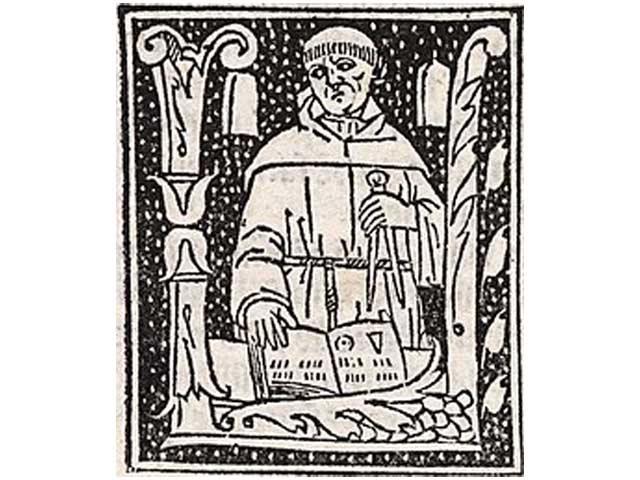
Probably my favorite scene to write, though, was one with Leonardo da Vinci. Later in life, Luca and Leonardo both leave Milan together after the French invade. They flee to Mantua and to stay with the Marchesa Isabella d’Este, who teaches them Queen’s Chess, a new, faster version of chess. “A la rabiosa,” they called it, which means: to the rabid. It was a new style of chess that just so happens to be the version we know in the West today. (In China they still play by the old rules) In this version, the queen (formerly a vizier, an advisor to the king) is much more powerful, meaning games are much less likely to end in a draw.
I loved writing the scene where Isabella d’Este basically schools Luca and Leonardo da Vinci in the new rules of chess, and then proceeds to dominate them in a game, showing how deft and skilled a woman can be when she’s given power.
Of note: There’s an Easter egg involving the Fibonacci sequence in the novel, and I will personally give $112.35 to the first person to figure it out, and also why it’s an Easter egg (the why is important!) If you know why it’s that specific amount, you already have a leg up on the competition.
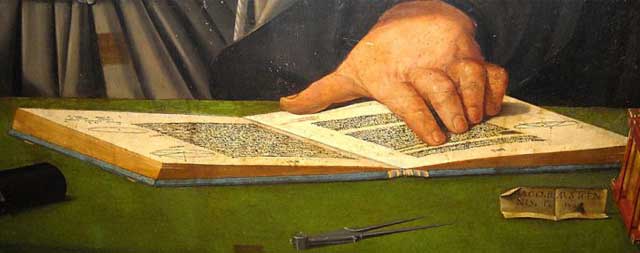
Grazie a W.A.W. Parker per questo affascinante approfondimento!
Many thanks to W.A.W. Parker for this fascinating insight!
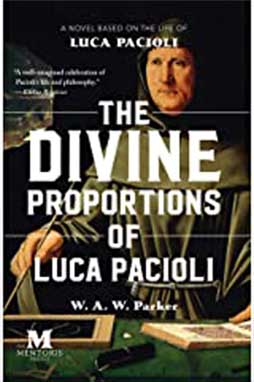
Find more Italian books and learning materials
on the Matta Amazon Page
Leggere libri in italiano ti immerge in un vocabolario autentico, nella grammatica e nelle espressioni culturali, aiutandoti a capire come la lingua viene usata naturalmente. Migliora la tua comprensione e ti dà sicurezza esponendoti a strutture frasali e frasi idiomatiche nel loro contesto.
Reading books in Italian immerses you in authentic vocabulary, grammar, and cultural expressions, helping you understand how the language is naturally used. It enhances your comprehension and builds confidence by exposing you to sentence structures and idiomatic phrases in context.


